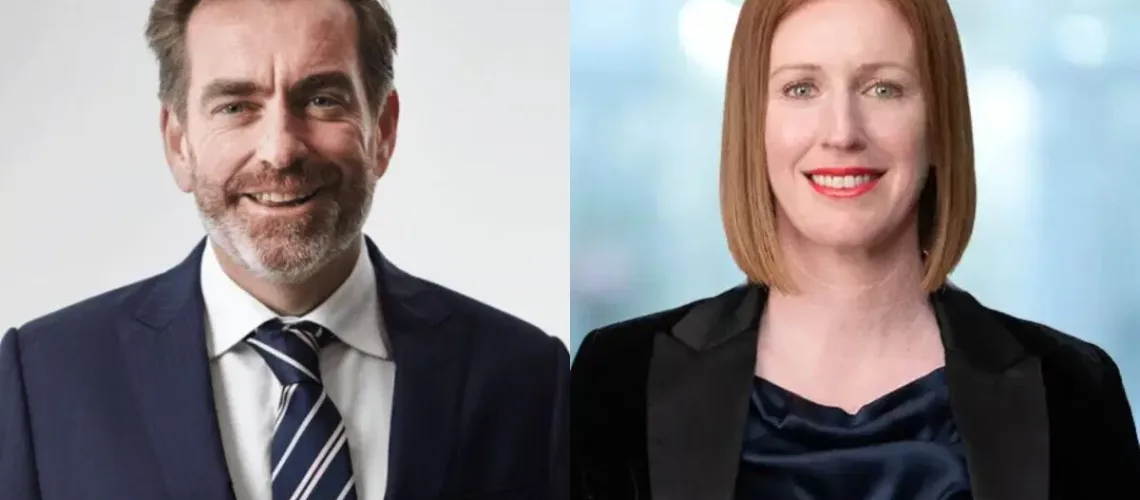As family offices confront growing complexity in financial markets and wealth structures, many are moving beyond the traditional single-family setup in favor of outsourced or multi-family office models. The rationale is simple: outsourcing delivers broader expertise and operational efficiency at a lower cost.
According to Justin Gilmour, Managing Partner at Integro Private Wealth, more families are recognizing the limits of in-house models. “A single-family office often struggles to cover the full spectrum of skills required to operate in today’s market,” he explains. “Outsourcing fills those gaps.”
This is especially true when it comes to investment diversity and strategic planning. With markets becoming increasingly sophisticated, it’s unrealistic to expect one team to offer deep knowledge across all asset classes. Multi-family offices (MFOs), by contrast, draw on pooled resources and a larger talent bench to match clients with specialized advisers as needed.
Another major advantage? Talent acquisition. Training staff to cover every discipline internally is tough, particularly in single-family offices. MFOs solve for this by having a diverse advisory team on hand, ensuring families are matched with the right person for each unique need.
Eleanor Moffat, Partner at BDO Australia, agrees that outsourcing unlocks benefits well beyond just cost savings. “It’s about access—to tech, networks, people, and opportunities,” she says. “Multi-family offices often bring in more deal flow and can plug into expertise faster than single setups.”
However, even MFOs have limits and may outsource specialist services, like legal counsel. Moffat points out that the in-house staff—whether in SFOs or MFOs—often don’t have the bandwidth or training to handle every client request, which makes external collaboration a practical necessity.
Still, not everything is being outsourced. A UBS report from last year highlighted that while administrative functions are being delegated, many family offices still prefer to manage their investment strategies internally.
Trust Is Central—But Manageable
One perceived downside to outsourcing is that families must relinquish some direct control, which means placing substantial trust in advisers. Gilmour acknowledges this, but notes it can be addressed with clear mandates and ongoing communication. “Having a robust family constitution and clearly defined expectations can go a long way in mitigating risk,” he says.
Moffat echoes the sentiment: “Confidentiality and professionalism are non-negotiables in this space. From our side, it’s just another client—regardless of how many zeros are in the portfolio.”
Advisers: Both Opportunity and Pressure
For advisers, the shift to outsourced and multi-family office models opens up unique career paths. Gilmour sees the space as intellectually rich and varied: “You’re not just talking about investments. It’s insurance, philanthropy, financial education for the next generation… the role is much broader.”
Moffat notes that many advisers underestimate the scope and flexibility of the family office world. “It’s less rigid than a law firm or bank environment,” she says. But this flexibility comes with blurred lines—especially around availability. “You’re often on-call. Families may not always respect work-life boundaries.”
Finally, stepping into the family office world isn’t for novices. “It’s not something you do straight out of your professional year,” says Gilmour. “It demands multi-disciplinary experience—governance, succession, legacy planning. It’s a different level of engagement.”




